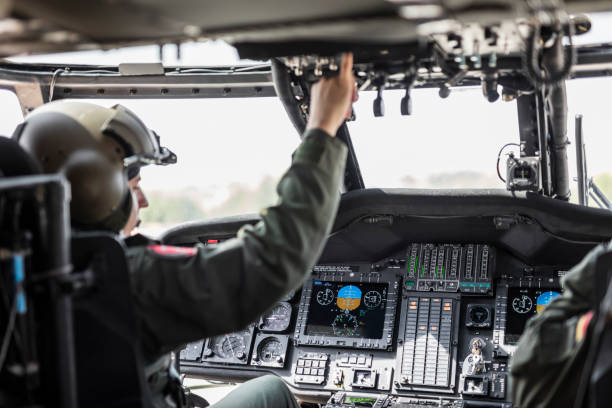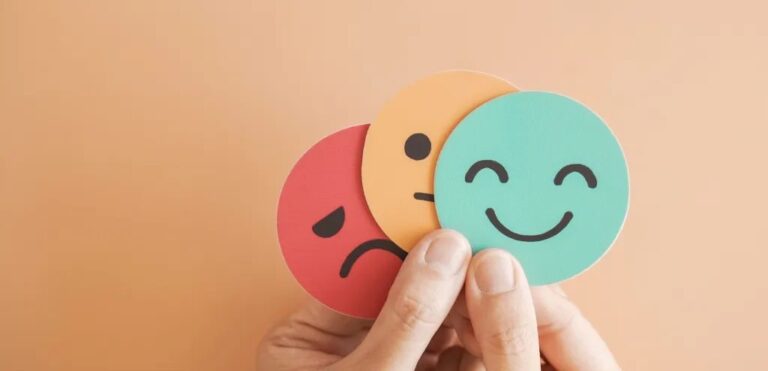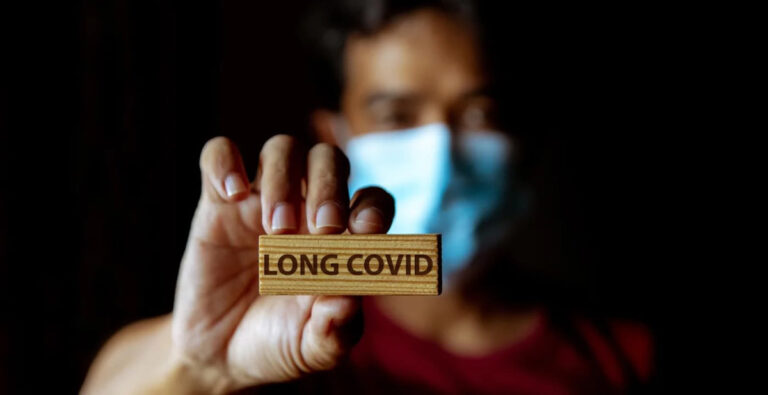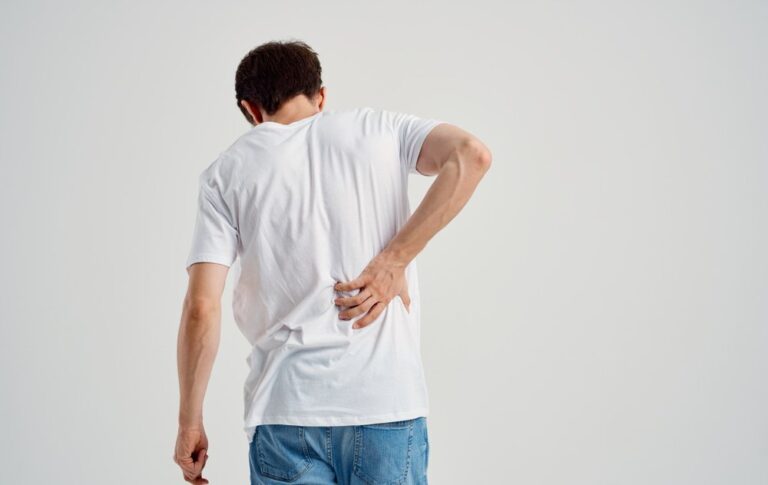How Modafinil Helps Military Pilots Fight Fatigue and Stay Sharp
Fatigue is a persistent and serious challenge in military aviation, compromising safety and performance during long and demanding flight missions. To combat this, air forces worldwide have turned to pharmacological aids, with modafinil emerging as a favored option. Originally developed for sleep disorders, modafinil is now widely used to enhance alertness and cognitive function among military pilots operating under extreme fatigue conditions.
>> Looking to Buy Modafinil Online? Get it here for less than $1 per pill!
The History of Stimulant Use in Aviation
Pilot fatigue has long been recognized as a major risk factor in aviation safety. During World War II, German Luftwaffe pilots used methamphetamine, known as “pilot’s salt,” to stay alert during demanding missions. Allied forces later relied on amphetamine based stimulants during the Gulf War. These drugs were effective, although they carried a clear risk of addiction. In recent decades, modafinil has taken the place of amphetamines as a safer option with fewer adverse effects and a lower potential for abuse (Gorvett, 2024).
What Is Modafinil and How Does It Work?
Modafinil is a wakefulness-promoting agent approved by the U.S. Food and Drug Administration (FDA) in 1998 for the treatment of narcolepsy, obstructive sleep apnea, and shift work disorder (U.S. Food and Drug Administration, 2015). Unlike amphetamines, modafinil’s precise mechanism remains partly unclear but involves modulation of neurotransmitters such as dopamine, serotonin, and histamine, enhancing alertness and cognitive functions without the euphoric or addictive effects typical of other stimulants (Greenblatt & Adams, 2023).
Modafinil has a longer half-life (12–15 hours) compared to caffeine and amphetamines, making it effective for sustained wakefulness during prolonged missions (Ooi, Wong, & See, 2019). Clinical evidence shows it improves spatial planning, working memory, and vigilance, all critical for high-stakes military aviation tasks (Ratliff, 2017).
Modafinil in Military Aviation Practice
Several air forces, including those of Singapore, the United States, India, France, and the Netherlands, have adopted modafinil as a fatigue countermeasure (Ooi et al., 2019; Wingelaar-Jagt et al., 2022). Usage protocols emphasize voluntary administration preceded by ground testing to screen for side effects and ensure safety (Ooi et al., 2019).
In a large field study of Royal Netherlands Air Force (RNLAF) fighter pilots deployed in the Middle East, 95% of operational flights using modafinil reported positive effects without significant adverse events (Wingelaar-Jagt et al., 2022). Pilots noted improved alertness and reduced fatigue during demanding night missions, with the drug’s peak effect occurring 2–3 hours after ingestion.
Effects on Sleep and Recovery
Fatigue management requires not only maintaining alertness but also ensuring adequate recovery sleep. A 2024 randomized controlled trial by Wingelaar-Jagt et al. investigated modafinil’s impact on recovery sleep in aviators after extended wakefulness. The study found that while modafinil reduced perceived sleep duration by about 30%, it did not significantly affect sleep efficiency or quality compared to caffeine or placebo (Wingelaar-Jagt et al., 2024).
These findings suggest that modafinil helps pilots stay awake and alert without substantially impairing their subsequent sleep, which is vital for ongoing mission safety and pilot health.
Benefits and Risks of Modafinil for Pilots
Modafinil offers several advantages over traditional stimulants: it has a lower potential for addiction, causes fewer side effects such as anxiety or headaches, and does not induce rebound hypersomnia (Ooi et al., 2019; U.S. Food and Drug Administration, 2015). However, some pilots report mild side effects including headaches, nausea, or nervousness (Wingelaar-Jagt et al., 2022; FDA, 2015).
There is also evidence that modafinil may increase overconfidence in judgment, a potentially dangerous effect in fast paced aviation environments (Gorvett, 2024). For this reason, it is treated as a countermeasure rather than a replacement for proper rest, thoughtful scheduling, and established fatigue management protocols.
Ethical and Operational Considerations
Military organizations emphasize that modafinil use remains voluntary and is part of a broader fatigue risk management system that prioritizes scheduling, rest, and operational necessity (Wingelaar-Jagt et al., 2022; Gorvett, 2024). Legal and ethical dilemmas arise around whether personnel can be compelled to take stimulants, balancing mission success against individual autonomy.
Modafinil and Commercial Aviation
While modafinil’s benefits are well-documented in military contexts, its use in commercial aviation remains controversial. Strict regulations govern commercial pilot work hours to limit fatigue, and many experts argue that pharmacological stimulants should not replace proper rest (Gorvett, 2024). The high stakes of passenger safety and public trust demand cautious consideration of modafinil’s role beyond the military.
Conclusion
Modafinil has emerged as a valuable tool for military pilots combating fatigue, enhancing wakefulness, cognitive function, and mission safety during prolonged operations. Supported by extensive research and operational experience, modafinil’s benefits come with manageable risks when used responsibly within voluntary, well-regulated frameworks. Its role in commercial aviation is less clear, underscoring the universal need to respect human physiological limits even as science advances.
References
- Greenblatt, K., & Adams, N. (2023). Modafinil. In StatPearls [Internet]. StatPearls Publishing. https://www.ncbi.nlm.nih.gov/books/NBK531476/
- Gorvett, Z. (2024, March 15). The drug pilots take to stay awake. BBC News. https://www.bbc.com/future/article/20240314-the-drug-pilots-take-to-stay-awake
- Ooi, T., Wong, S. H., & See, B. (2019). Modafinil as a stimulant for military aviators. Aerospace Medicine and Human Performance, 90(5), 480–483. https://doi.org/10.3357/AMHP.5298.2019
- Ratliff, E. (2017, December 4). How fighter pilots stay sharp. Men’s Journal. https://www.mensjournal.com/food-drink/how-fighter-pilots-stay-sharp-20131205
- U.S. Food and Drug Administration. (2015). PROVIGIL® (modafinil) tablets, for oral use, C-IV [prescribing information]. U.S. Department of Health and Human Services. https://www.accessdata.fda.gov/drugsatfda_docs/label/2015/020717s037s038lbl.pdf
- Wingelaar-Jagt, Y. Q., Wingelaar, T. T., Riedel, W. J., & Ramaekers, J. G. (2022). Subjective effects of modafinil in military fighter pilots during deployment. Aerospace Medicine and Human Performance, 93(10), 739–745. https://doi.org/10.3357/AMHP.6072.2022
- Wingelaar-Jagt, Y. Q., Wingelaar, T. T., Riedel, W. J., & Ramaekers, J. G. (2024). Modafinil subjectively does not impair sleep in aviators after a period of extended wakefulness. Aerospace Medicine and Human Performance, 95(6), 290–296. https://doi.org/10.3357/AMHP.6390.2024








